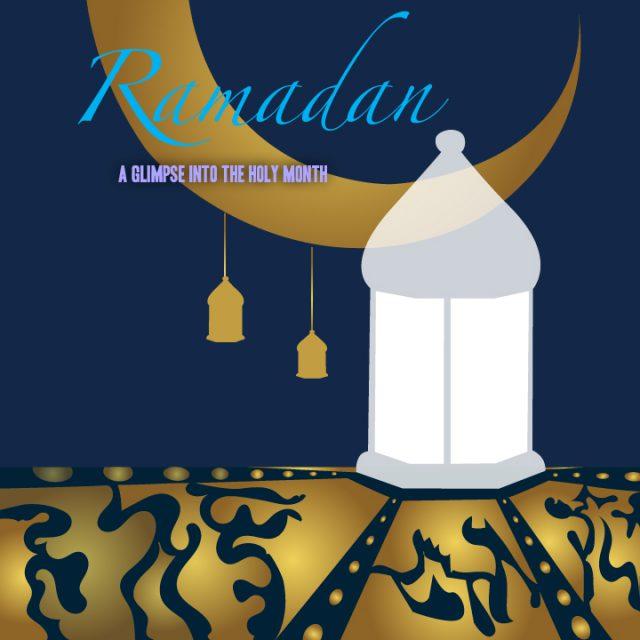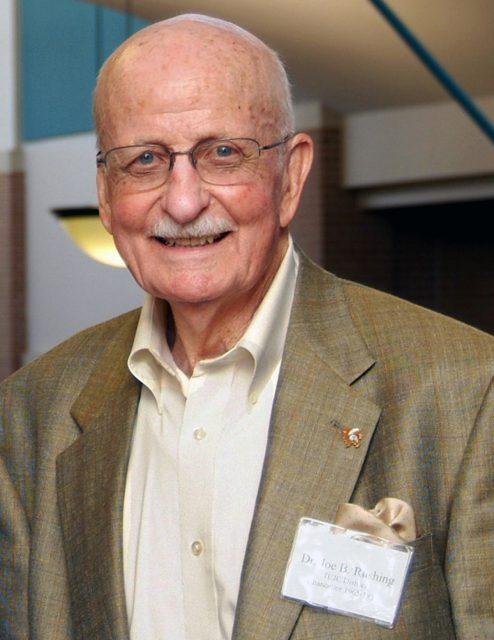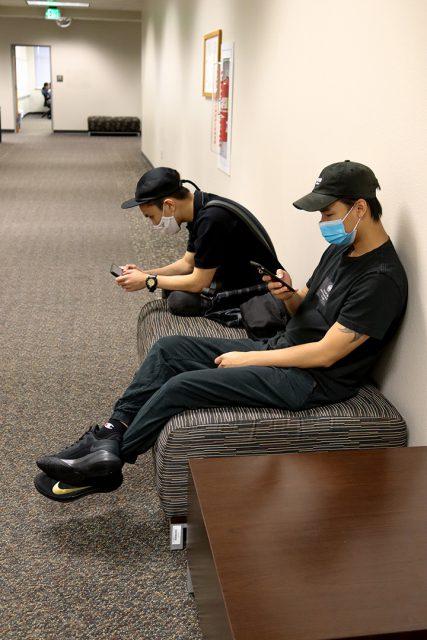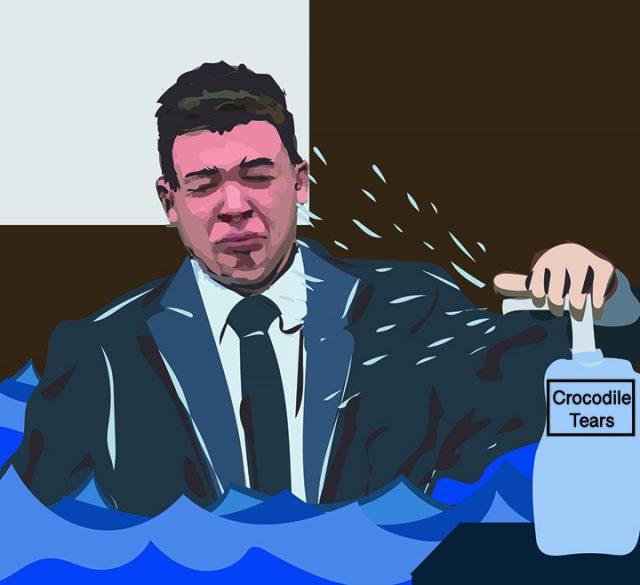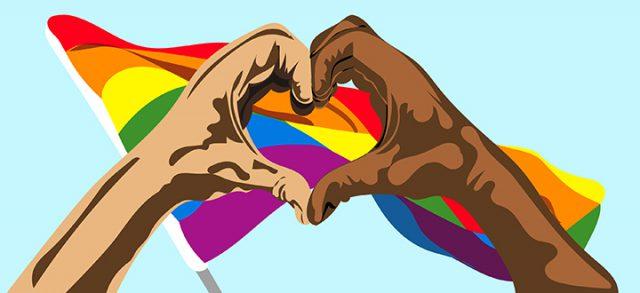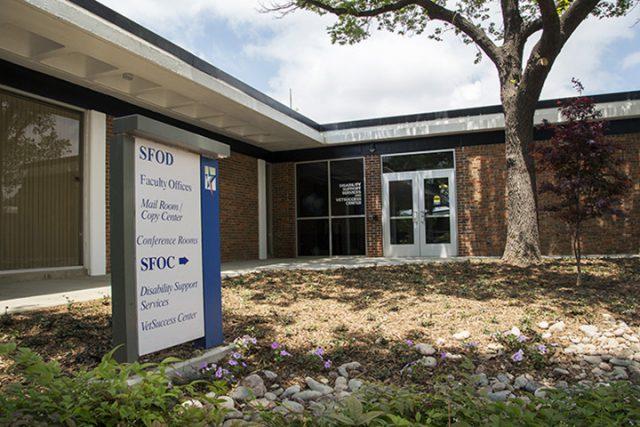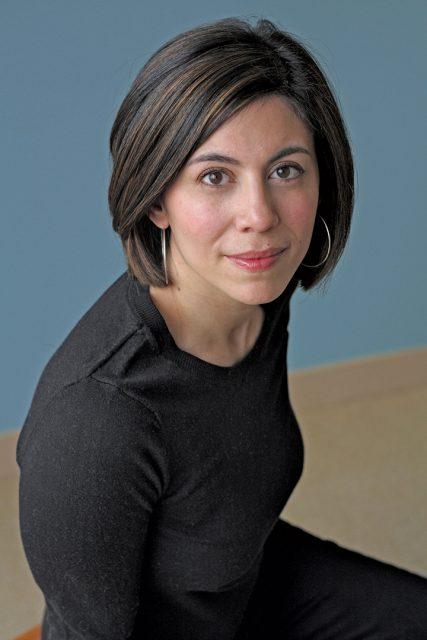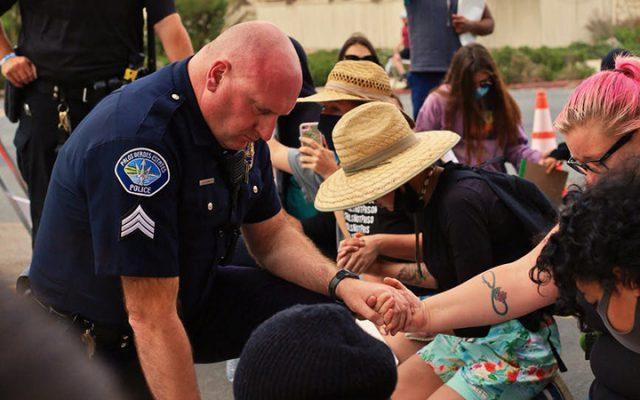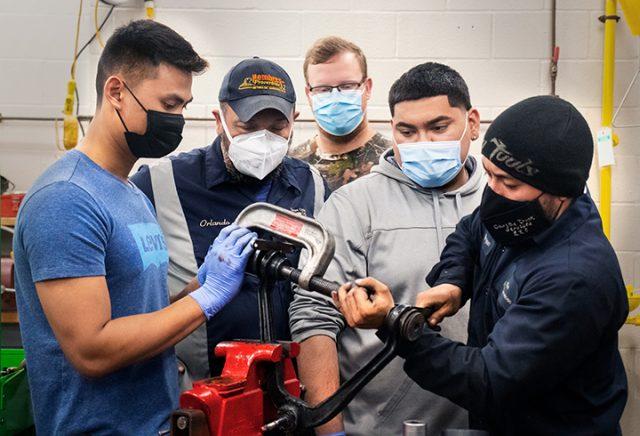Janine Shuman
campus editor
For a month straight, 1.8 billion Muslims worldwide go without food or water from sunrise to sunset for Ramadan, but it’s not as bad as it sounds.
For Muslims, Ramadan is a peaceful and spiritual opportunity to reset and spend time getting closer to God. While fasting, Muslims can spend their time praying, studying religion and committing charitable acts. Fasting is a requirement in Islam for healthy Muslims as a part of one of the five pillars. However, many are exempt from fastings, such as children, people with health complications, the elderly, travelers and pregnant women.
Ramadan is a crucial time for Muslims to self-reflect. It becomes difficult for people to assess their character when minutes swiftly pass while fulfilling life’s daily obligations. Muslims are encouraged to take time off during Ramadan to improve themselves and give to people in need.
During Ramadan, Muslims fulfill many pillars of Islam, all five pillars are duties obligatory on all capable Muslim individuals. The first pillar fulfilled is fasting, the second is prayer as Muslims take part in optional additional prayers other than the five mandatory daily prayers. Charity is the third pillar fulfilled at the end of Ramadan, and the last pillar is participation in Hajj, an annual pilgrimage taking place in Saudi Arabia shortly after Ramadan.
Fasting is required so Muslims can experience what it feels like to go without food and empathize with the less fortunate. While fasts are broken at sunset, many people go without food and water for much longer, some dying of starvation. This is a valuable lesson in Ramadan: to always remain humble and to be grateful for the blessings in life.
For those who may not have access to food to break their fast, all mosques are open to serve families and individuals in need of a meal. Everyone is welcome to break their fasts at the mosque and encouraged to stay for the nightly prayers. Throughout the month, Muslims donate food to the homeless, and all leftover food at mosques is donated. At the end of Ramadan, all financially capable Muslims must donate to charity and fulfill another one of the five pillars of the religion.
Ramadan commences April 13 with the sighting of a crescent moon in accordance with the Islamic lunar calendar and ends with the Eid celebration a month later. Ramadan is a time of unity for Muslims who look forward to hosting family dinners, get-togethers and congregating at mosques.
While the pandemic may put a dent in some of these plans, and despite missing out on food and water for several hours a day, Muslims around the world look forward to a peaceful and spiritual month ahead.

























